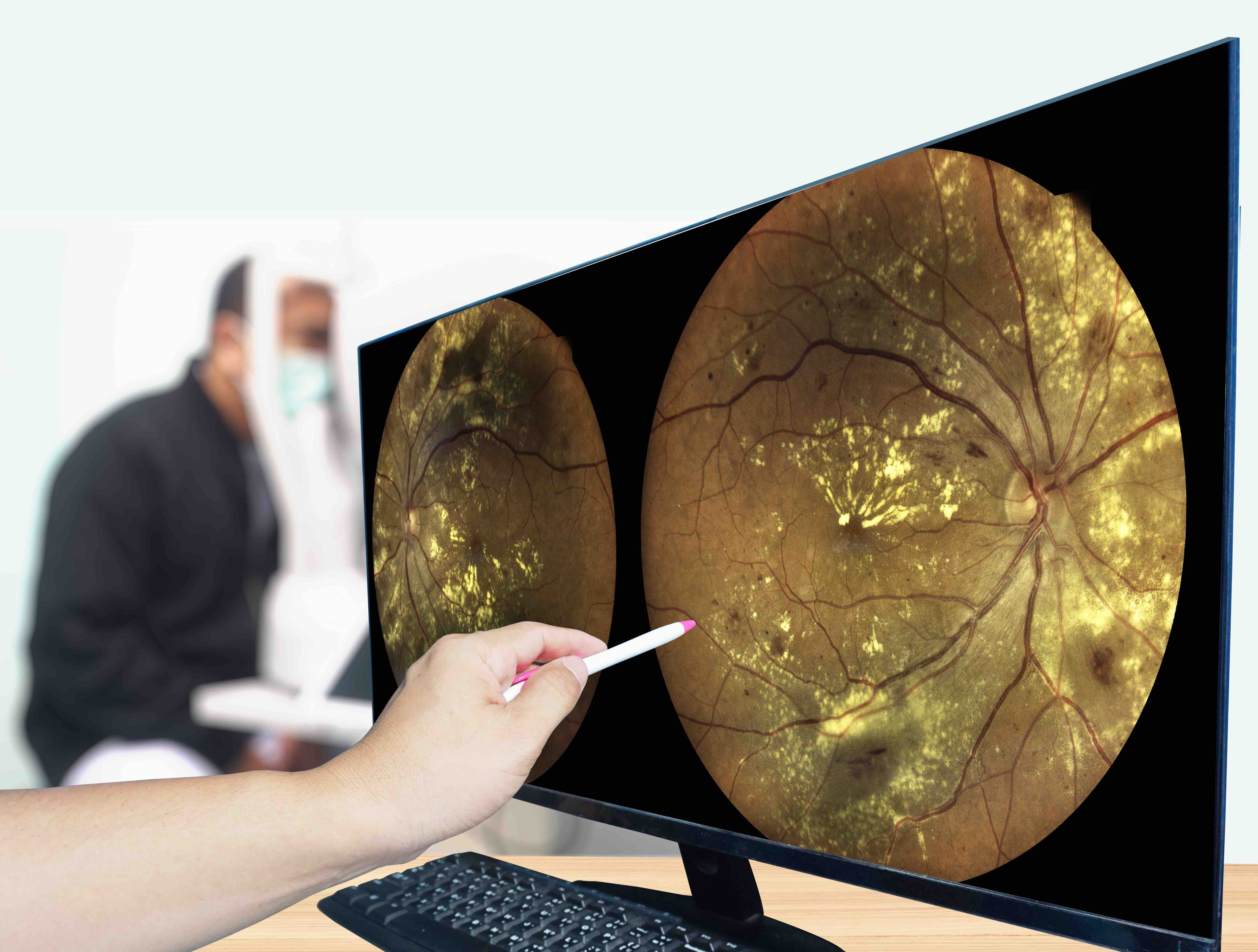Opinion
Video
Growth Factor and Stem Cell Transplant Candidacy in MDS
Considerations for growth factor and stem cell transplant for patients with MDS is discussed.
EP: 1.Myelodysplastic Syndrome (MDS) Overview
EP: 2.Distinguishing Between Different MDS Subtypes
EP: 3.MDS-Related Complications Impacting Patient Quality of Life
EP: 4.Economic Implications of MDS Management
EP: 5.Examining Treatment Algorithms for MDS
EP: 6.Growth Factor and Stem Cell Transplant Candidacy in MDS
EP: 7.Novel Agents Contributing to Evolving MDS Therapy Strategies
EP: 8.Benefits of Oral Therapies In MDS Treatment Adherence
EP: 9.Adapting MDS Treatment Approach
EP: 10.Novel Therapy Impact on Patient Quality of Life
EP: 11.Multidisciplinary Care Driving Effective MDS Treatment
EP: 12.Payor Considerations In MDS Management
EP: 13.Navigating Insurance-Related Challenges Associated With MDS Treatment
EP: 14.Key Considerations Surrounding MDS Treatment
In this segment, the discussion delves into two main areas: stem cell transplantation and the use of growth factors in treating myelodysplastic syndrome (MDS). Regarding transplantation, the focus is on identifying high-risk patients—those with aggressive disease, blast involvement, or higher IPSSR scores. Challenges in transplantation involve considering patient frailty, age, comorbidities, preferences, outcomes (specifically graft-versus-host disease), donor availability, and access to transplant facilities. The social determinants of health also play a role, impacting a patient's ability to access and follow up on transplant care.
Shifting to growth factors, the discussion revolves around erythropoiesis-stimulating agents (ESAs) and granulocyte-colony stimulating factor (G-CSF) products. ESAs are used to manage anemia but necessitate ruling out B vitamin deficiencies, bleeding, or high EPO levels for efficacy. Over time, patients might become less responsive to ESAs, leading to increased dosing until a limit is reached, potentially resulting in transfusion dependency. Transfusion dependency correlates with poorer outcomes. G-CSF is used to manage low white blood cell counts, and its administration varies between patients, sometimes coupled with other therapeutics like azacitidine or decitabine. However, these treatments come with their own set of adverse events, requiring careful management.
The experts also emphasize the importance of understanding how these interventions fit into the broader treatment landscape for MDS patients, balancing their benefits with adverse effects and considering individual patient needs. The role of supportive care, both in terms of transplantation and growth factor use, is highlighted as integral in managing MDS.
Video synopsis is AI-generated and reviewed by AJMC editorial staff.




